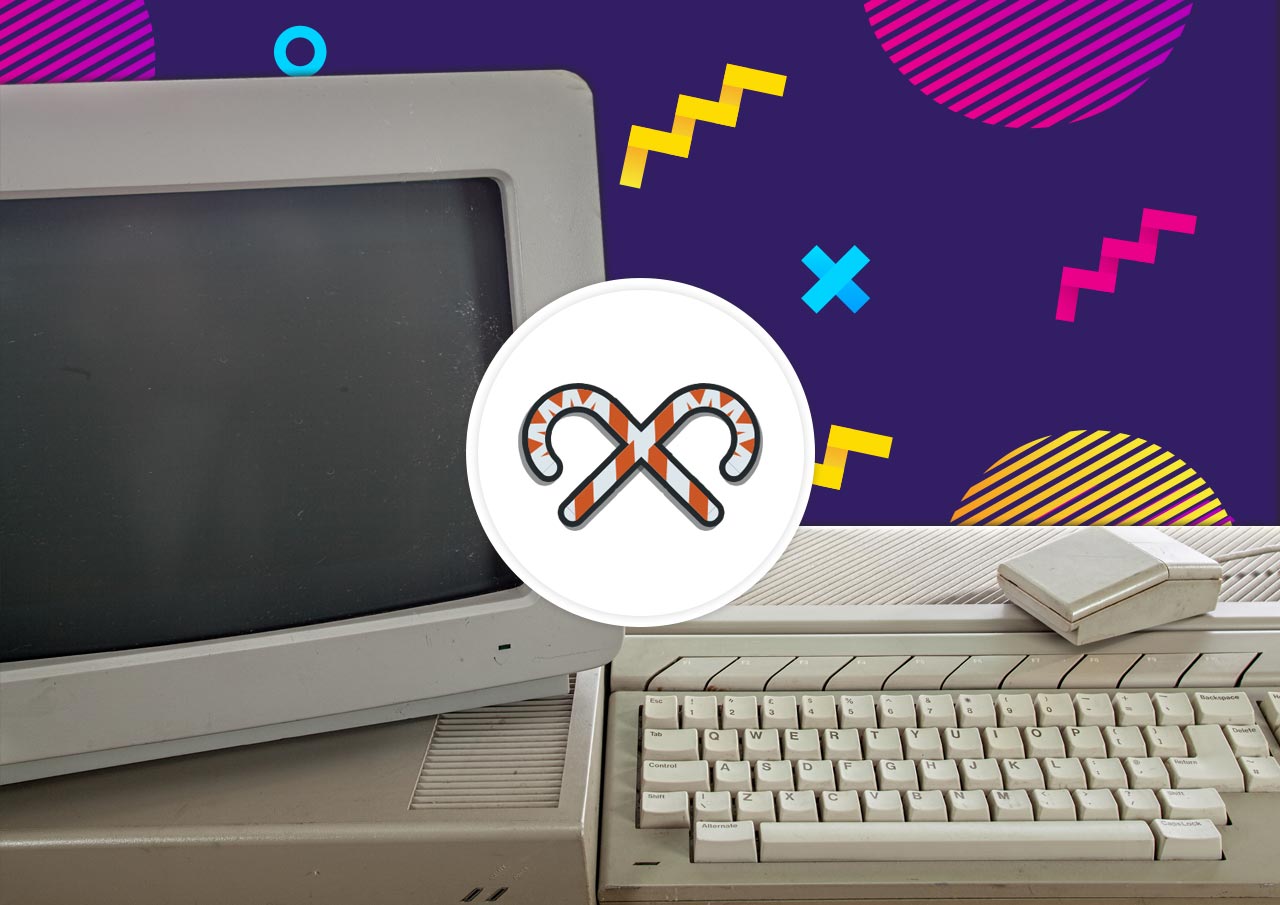The EU is beckoning with financial support for large-scale AI projects in Europe and is expecting applications by 5 p.m. today (Friday). The idea of five German tech companies was a joint AI data center in Germany. However, Deutsche Telekom, Ionos, SAP, Siemens, and the Schwarz Group were unable to agree on a joint proposal, it is now reported. Instead, some companies involved will submit their initiatives.
The EU is planning to support new AI gigafactories in Europe with 20 billion euros to catch up with other AI locations around the world, such as the United States or China. As a result, the tech companies mentioned wanted to develop a joint initiative to build an AI data center as a German consortium. This is because the EU is offering public funding of up to 35 percent for AI gigafactories with around 100,000 AI chips of the latest generation each, around four times more than in current AI factories such as the “Jupiter” supercomputer in Jülich.
No agreement on leadership role and location
However, this will not happen for now, as the companies involved have not been able to agree on a joint proposal, reports Handelsblatt, citing information from the companies involved and industry circles. There will now be competing initiatives from at least three of the companies mentioned, from Deutsche Telekom with its subsidiary T-Systems, the Schwarz Group with its IT group Schwarz Digits and cloud provider Ionos. The latter company is planning its consortium with the support of the state of Bavaria.
One of the reasons for the failure of a joint proposal by the five large companies was probably the claim to leadership of some parties involved, namely Telekom and the Schwarz Group. The listed telecommunications group and the owner-managed retail giant with their different corporate cultures simply do not fit together, it is said.
In addition, the location of an AI gigafactory of this size was controversial. The Schwarz Group referred to the construction of a data center in Lübbenau, which would be suitable for this project. Politicians had also already intervened. The Minister-Presidents of Bavaria and North Rhine-Westphalia have suggested their states as the location for this data center, according to insiders. However, Bavaria is not considered ideal for such projects due to the high price of industrial electricity and structural bottlenecks in the power grid.
Business model also questionable
The business model for such an AI gigafactory is also still unclear. According to the EU, investments are likely to amount to at least three to five billion, with the industry assuming at least six billion euros. It is therefore important to “offer suitable services and AI solutions at competitive prices to be successful on the market”, says Christian Temath from the Fraunhofer Institute IAIS. He also proposes a phased rollout with fewer than 100,000 GPUs initially to limit the initial costs. Otherwise, the systems would be obsolete in just a few years.
Deutsche Telekom has already approached Nvidia in parallel with the AI Gigafactory project. Just a few days ago, the German government announced that Nvidia and Telekom would be participating in a gigafactory, as Germany wants to lead the way in AI. However, this project is to run parallel to the AI gigafactories planned by the EU, as Nvidia CEO Jensen Huang initially only promised 10,000 GPUs, meaning that the corresponding data center is likely to be smaller.
(fds)
.png)




